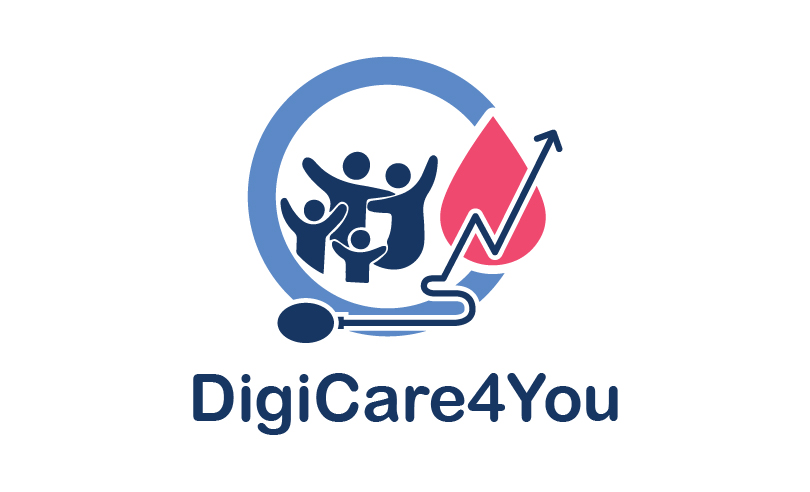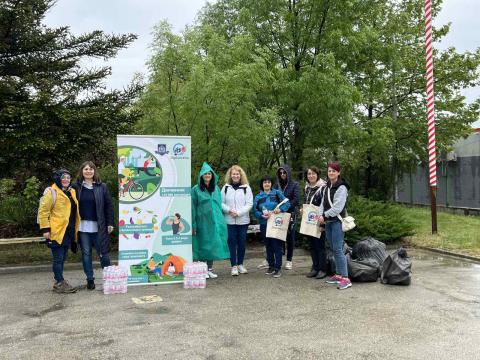Creating healthier and more supportive local environments plays an important role in the prevention and management of type 2 diabetes and hypertension. Engaging individuals, families and schools can help foster conditions that support sustainable behaviour change and promote overall wellbeing within communities.
In May 2025, a series of community-based activities designed to raise awareness of, and encourage, healthier behaviours among diverse population groups were implemented in Bulgaria.
On the occasion of World Physical Activity Day (May 9), an intergenerational event was organised in the Vinitsa district, bringing together seniors, their grandchildren and students from Panayot Volov Primary School. Participants engaged in a variety of structured games led by students from the university’s Rehabilitation Specialist course, promoting physical activity, social interaction and community spirit.
On May 13, a health education workshop was held at the Museum of the History of Medicine. The event focused on promoting healthy lifestyle choices among school children, including discussing the importance of regular physical activity, reducing sedentary time, selecting nutritious snacks, and staying hydrated. Students from the kinesiotherapy programme led the children through interactive exercises and concluded the session with an engaging crossword puzzle to reinforce key messages.
Further activities took place in the Vladislav Varnenchik district, in close collaboration with the district town hall. On May 10, a community clean-up campaign mobilised local residents to improve green areas and shared spaces. On May 21, as part of the district’s annual festival, a traditional Bulgarian folk dance session was organised, led by students from the "Diana" dance group at Medical University Varna. Children and adults from the local community actively participated, highlighting the role of cultural traditions in promoting physical activity and social cohesion.
At each event, the team distributed educational brochures on healthy lifestyle habits. Participants also received health-promoting prizes such as volleyballs, footballs, jump ropes and DigiCare4You tote bags.
Collectively, these initiatives underscore the value of integrating community-based approaches into public health interventions. By creating opportunities for education, physical activity and social connection, the DigiCare4You project is helping to build local environments that support healthier lifestyles.

